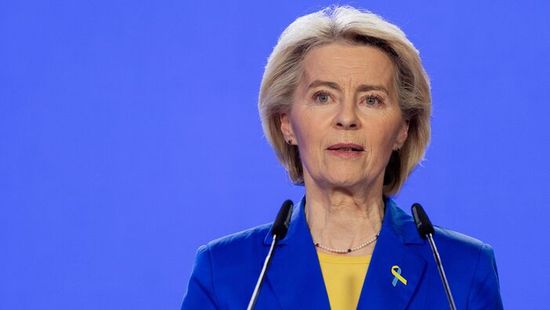Orbán móresre tanította Von der Leyent: megmutatta neki, mire képesek a magyarok (VIDEÓ)

„A szuvereintás jobb üzlet” – jelentette ki a Nézőpont Intézet vezetője.

It's time the EU made some noise about Hungary's attacks on democracy and the rule of law.
„One effect of the financial crisis has been to make European countries more inward-looking: everyone is dealing with their own problems (and debts) as best as they can, and attention only shifts elsewhere in the EU when a nation might default altogether, as with Greece and now Ireland. But the EU was never meant to be just about money and markets: at least from the 1980s onwards, it was also meant to promote and secure democracy. This was particularly important for Spain and Portugal and then the central and eastern European states that joined in 2004. But now the EU seems to be turning a blind eye to one of these countries: Hungary, where a governing party with a huge majority in parliament is busy dismantling the rule of law and eroding a fragile democratic political culture.
Last April, the centre-right Fidesz party gained more than two-thirds of seats, ousting a socialist government widely perceived as corrupt and mendacious. An extreme nationalist party, Jobbik, infamous for its anti-Roma and antisemitic rhetoric, gathered almost as many votes as the socialists, while the Liberal party, once the home of former dissidents, disappeared altogether. A two-thirds majority is enough to change the constitution and also to enact an entirely new one.
Since winning such a large number of seats, the government of the charismatic Fidesz leader, Viktor Orbán, has tried to control the public media more firmly. The head of the audit office, the public prosecutor and future judges on the constitutional court now depend only on the goodwill of Fidesz, whereas consensus or compromise between different parties was required before. The government also got rid of the president of the country, even though he was a Fidesz man, because as a respected former head of the constitutional court he was still too much of an independent thinker.”